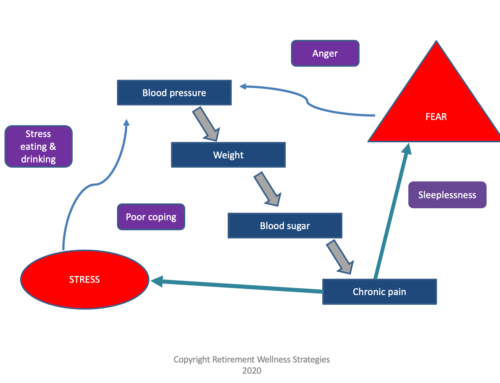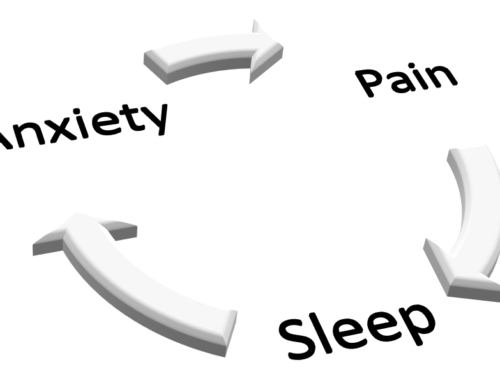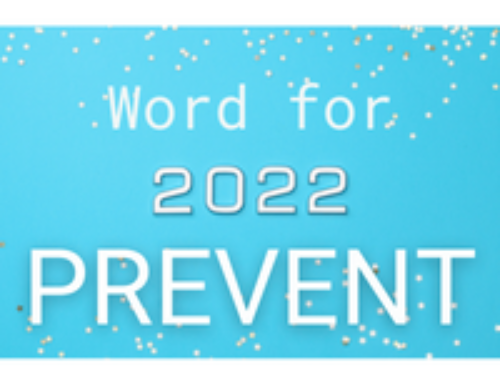It is that sunburn time of year. Do you wear sunscreen? If you do, do you wear it every day? Do you just wear it when you are going to the beach?
I’ll start by admitting I have made nearly every sun protection mistake, so this blog comes from scientific research, reputable articles, and a little ‘school of hard knocks.’
Sunscreen for Babies
The American Academy of Pediatrics does not recommend sunscreen for infants under 6 months of age. Their skin functions are still developing. It is best to keep them out of the sun. But, if parts of them must be in the sun, a little bit of SPF 15 sunscreen is better than unprotected skin. Sun blocks are most protective. Look for ingredients of zinc oxide or titanium dioxide.
Sunscreen for everyone else
Suncreen is important to protect your skin.
Why?
Sunscreen can protect against skin cancer, age spots, and skin damage from the sun. It can also help prevent actinic keratoses, which are not cancer but are big brown spots. It can also protect against rashes and reactions to the sun (photosensitivity) that some people get.
How much?
For an average size adult in a swimsuit, the proper amount is enough to fill a 1 ounce (30mL) shot glass.
When?
Chemical sunscreen products need to be applied 30 minutes before sun exposure because they need to be absorbed to protect your skin, but products containing zinc oxide or titanium dioxide protect right away. Reapply after each dip in the water and at least every 2 hours.
Which kind?
Interestingly, SPF 30 is NOT twice as good as SPF 15. When a proper amount is applied (see above), SPF 15 sunscreen absorbs 93% of UVB radiation. SPF 30 absorbs 97%, and SPF 50 absorbs 98%. Using SPF greater than 50 doesn’t really add any benefit.
So, if you put on the recommended amount and replace as recommended, SPF 15 is enough. If you put on a light layer or don’t repeat as often as you should, use SPF 30 or 50.
What if I have dark skin or already have a tan?
Studies have not found that this protects you. Skin protection is still important not only for sunburn but also for cancer and other skin damage. So, keep on wearing that sunscreen, even after you get tanned.
What else can cause me to burn?
There are several medications that cause you to be more sensitive to the sun. If you take these, your risk of sunburn is much greater. Some of the more common ones are:
- Tetracycline or doxycycline (antibiotic – used for acne and Lyme’s disease and other infections)
- Hydrochlorothiazide or furosemide (diuretic/water pill)
- Sulfa antibiotics (SMX/TMZ, Bactrim, Septra)
- Fluoroquinolone antibiotics (Cipro, Levaquin, and others)
- Nonsteroidal anti-inflammatory drugs (NSAIDs) – (piroxicam, ketoprofen, maybe ibuprofen or naproxen)
- Phenothiazines – antipsychotic agents
Check with your pharmacist or look on the written information that comes with your prescription for the word ‘photosensitivity’ in the side effects.
Besides using sunscreen, keeping your skin covered with clothes, hats, or umbrellas can provide protection.
If you have a history of prolonged sun exposure, you have new brown or other colored spots on your skin, or you have spots that are changing, make an appointment with a dermatologist. Skin cancer screening is quick and can save your life. Don’t delay or wait to see with these skin changes.
For more information about sunscreen contact us at www.medsmash.com.
For further application, check out my personal blog.






